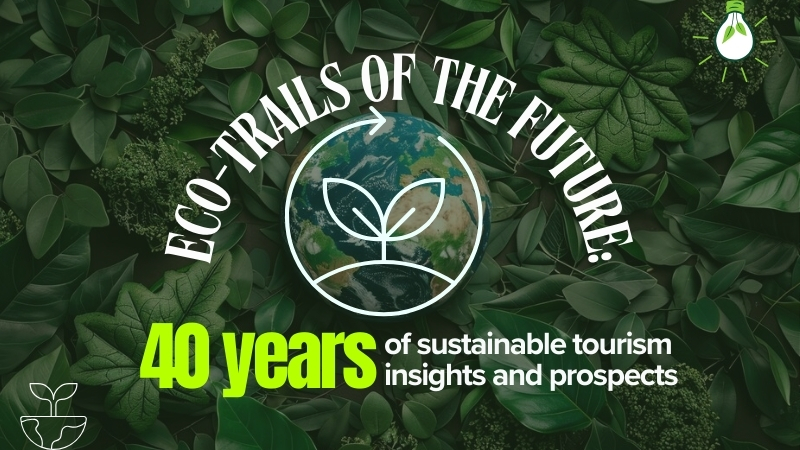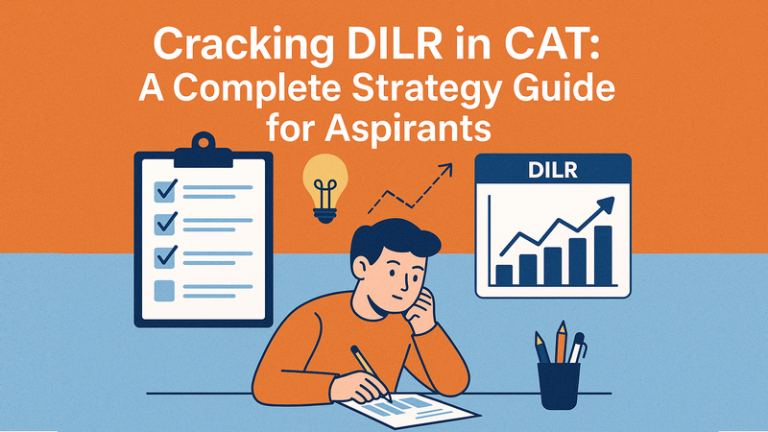40 Years of Sustainable Tourism: Insights & Future Trends: Research by Agarwal, R., Mehrotra, A., Mishra, A. Tourism generated 5% carbon dioxide emissions and 4% of global GDP ($3.4 trillion in 2019) (UNWTO, 2019). Tourism-related activities include resource extraction, production, and waste disposal, polluting soil, oceans, and natural resources. Social media and the internet have …
Eco-Trails of the Future: 40 Years of Sustainable Tourism Insights and Prospects

40 Years of Sustainable Tourism: Insights & Future Trends: Research by Agarwal, R., Mehrotra, A., Mishra, A.
Tourism generated 5% carbon dioxide emissions and 4% of global GDP ($3.4 trillion in 2019) (UNWTO, 2019). Tourism-related activities include resource extraction, production, and waste disposal, polluting soil, oceans, and natural resources. Social media and the internet have raised awareness of uncontrolled tourism’s harms (Grilli et al., 2021). The notion of “sustainable tourism” emerged in response to these concerns and today dominates academic, economic, policy, and governance debates (Albrecht et al., 2021; Bramwell, 2017; Zhang & Chan, 2020).
Tourism boosts economies in developed and emerging nations (Denstadli & Veisten, 2020; Nixon, 2020). Balancing economic growth with environmental protection is a challenge for governments and industry, with dire consequences for communities. Sustainable tourism promotes environmental protection and the SDGs (Hall, 2019; Moyle et al., 2020; Weaver, 2007). Environmental conservation and stakeholder responsibilities have been the subject of exponentially growing research (Bramwell et al., 2017; Demeter, 2023; Mihalic, 2020).
A comprehensive approach is used to identify factors accelerating sustainable tourism knowledge growth and synthesize existing research (Nunkoo et al., 2020; Sharma et al., 2021a). Early systematic reviews, like Clarke’s (1997), defined and approached sustainable tourism. Recent research has focused on UN-mandated SDGs (Kristjánsdóttir et al., 2018; Rasoolimanesh, 2020) and blockchain’s role in sustainability (Erol, 2022). Narrative reviews, content analysis, bibliometric research, and meta-analyses have been used to study sustainable tourism, but their scope is generally limited.
The analysis of 3289 research publications from 1978 to 2022 using structural topic modelling (STM), a robust text-mining method, enhances knowledge. It maps study issues to a macro, meso, and micro (3M) framework. The study addresses three main research questions: What are the research topics and themes of publication trends?
How has research topic distribution changed over time? What are mature and rising research areas and prospects? Our study addresses constraints in prior studies, applies STM to a massive amount of textual material, and provides a 40+ year overview of sustainable tourism research. Based on annual publications, we separated the study era into three sub-periods: 1978–2005, 2006–2015, and 2016–2022.
Apply Now for MBA^/PGDM
Topic prevalence analysis revealed broad research patterns during these decades. The research themes changed greatly across the three periods. Scholars first defined “sustainability” and sustainable tourism and discussed their environmental and economic consequences (Clarke, 1997; Cohen, 1978). Second, globalization and industrialization increased interest in certain types of tourism (Lane & Kastenholz, 2015; Prayag & Ryan, 2011), but also “overtourism” and environmental deterioration. The third period saw multi-disciplinary approaches that included psychology, marketing, and technology to understand and improve sustainability (Chamarro et al., 2021; Moyle, 2020).
Innovative technologies, community and individual behavior, media effects on sustainable tourism, and multidisciplinary studies are potential future study topics. New technology can improve supply chains and transport networks to reduce emissions (Denstadli & Veisten, 2020). The COVID-19 pandemic highlighted tourism resilience, opening new consumer behavior and technology integration study opportunities. This study is a foundation for scholars to conduct important sustainable tourism research.
The full research paper can be accessed here Agarwal, R., Mehrotra, A., Mishra, A., Rana, N. P., Nunkoo, R., & Cho, M. (2024). Four decades of sustainable tourism research: Trends and future research directions. International Journal of Tourism Research, 26(2), e2643
DOI- https://doi.org/10.1002/jtr.2643
Trending Knowledge Sharing Videos of Jaipuria Institute of Management













